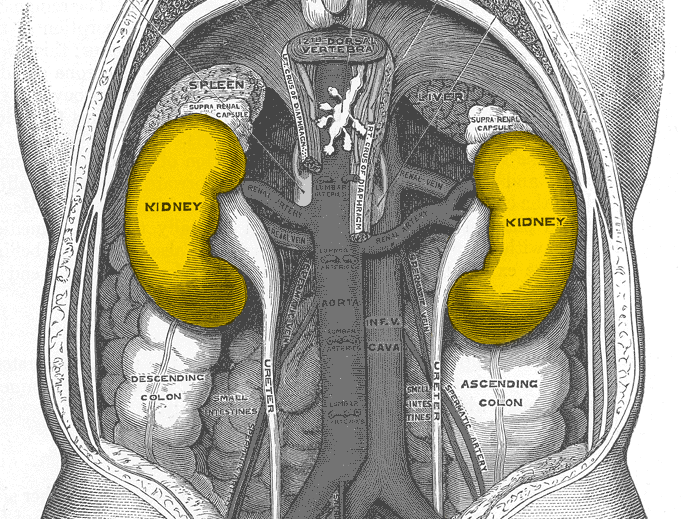Clinicians can safely use linagliptin to improve glucose control for people with type 2 diabetes
New research proves linagliptin’s cardiovascular and kidney safety in patients with any level of renal function, experts say.
The study of almost 7000 patients with type 2 diabetes, varying severity of kidney disease and a high risk of cardiovascular disease found that patients on the drug were at no greater risk of cardiovascular death, non-fatal myocardial infarction or non-fatal stroke compared with placebo.
“What this study tells clinicians is that they can safely use linagliptin to improve glucose control for people with type 2 diabetes,” Professor Vlado Perkovic, the executive director of the George Institute and a study global steering committee member, said.
“What we also found was that drug was very effective and very safe across all levels of kidney function, including people with substantially reduced kidney function, where many other glucose lowering drugs are contraindicated.”
Early research had raised concerns that some classes of glucose-lowering drugs might increase the risk of heart disease, so researchers undertook the study to prove to regulatory agencies that the drug was safe.
They randomly allocated patients, taken from 600 clinics in 27 countries, into either usual care and placebo or usual care and linagliptin, and followed their outcomes over an average of 2.2 years.
The study, which was funded by diabetes drug manufacturers Boehringer Ingelheim and Eli Lilly, found there was actually a slight decrease in hospitalisations among those on the drug (6% versus 6.5%).
Impaired renal function is a major risk factor for cardiovascular disease, but patients with this condition have typically been underrepresented in studies of this drug class.
Nevertheless, the researchers found no differences between the groups in first sustained occurrence of end-stage kidney disease, renal death or sustained 40% or more decreased in eGFR from baseline.
“This [drug] provides an important function for people with reduced kidney function, in particular, or more broadly for people with diabetes in the long term,” Professor Perkovic said. “Meaning that even if their kidney function falls you don’t have to worry about stopping the drug or changing the dose.”
Although there was some evidence suggesting linagliptin might protect kidney function, the study found no renal benefit. Professor Perkovic said one explanation might have been that the study duration was not long enough to detect an effect.
Professor Sof Andrikopoulos, CEO of the Australian Diabetes Society, said the findings were consistent with several other recently published trials on this class of drugs.
“We have got four outcome studies in this class which show all of these drugs are very, very safe to use, even in people with moderate to severe renal impairment.”
As with other drugs of this class, the risk of pancreatitis and some skin reactions was slightly higher among those taking the drug, but the absolute numbers were “very, very small”, Professor Perkovic said.
Representatives of Boehringer Ingelheim were involved in the design, conduct, management, analysis and interpretation of the study, data and manuscript.
JAMA; online 12 November


